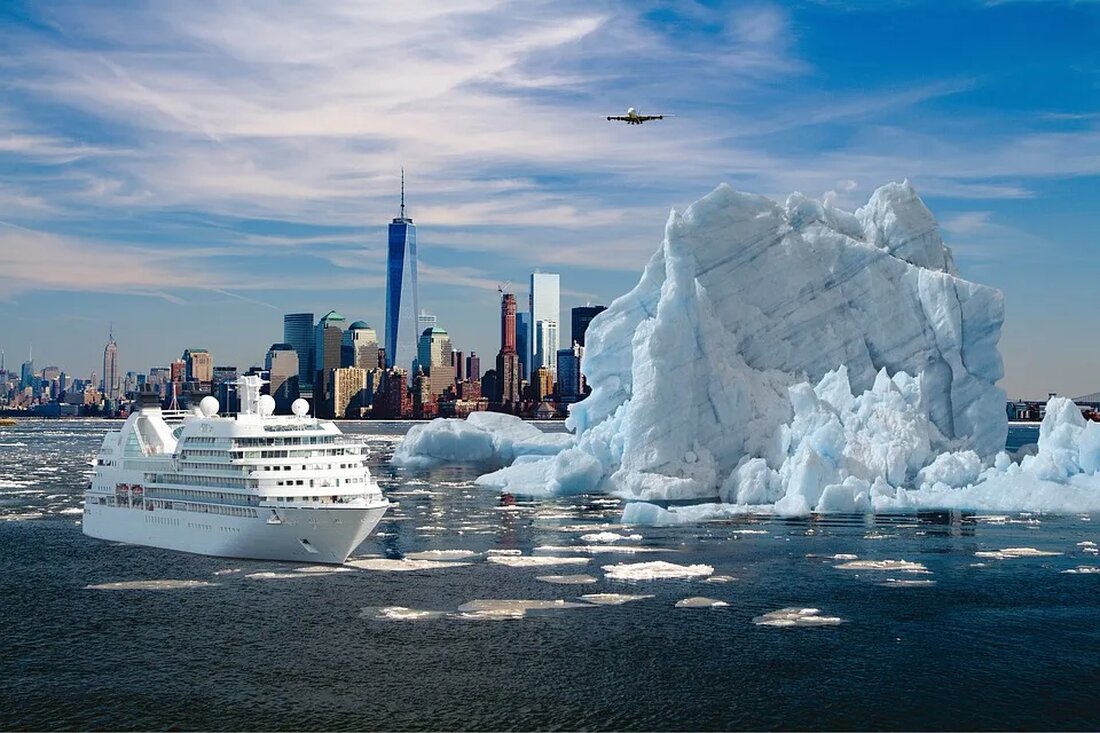Climate protection in developing countries
Climate protection is a global concern that affects countries at all stages of development. However, developing countries face unique challenges that impact their path toward a more sustainable future. However, they still make valuable contributions to global climate protection and have made significant progress in implementing sustainable and environmentally friendly practices. In this article, we will delve deeper into the specific challenges developing countries face when it comes to climate action and examine what solutions they offer. Challenges to climate action in developing countries Lack of financing One of the biggest obstacles to climate action in developing countries is the lack of sufficient financing. Despite the growing global...

Climate protection in developing countries
Climate protection is a global concern that affects countries at all stages of development. However, developing countries face unique challenges that impact their path toward a more sustainable future. However, they still make valuable contributions to global climate protection and have made significant progress in implementing sustainable and environmentally friendly practices. In this article, we will delve deeper into the specific challenges developing countries face when it comes to climate action and examine what solutions they offer.
Challenges for climate protection in developing countries
Lack of funding
One of the biggest obstacles to climate action in developing countries is the lack of sufficient financing. Despite growing global recognition of the need to combat climate change, many developing countries lack the necessary resources to implement comprehensive climate action.
Weak infrastructure
Weak infrastructure is another challenge. Many developing countries do not have the necessary infrastructure to support sustainable practices such as renewable energy, sustainable agriculture or waste management.
Political instability
Political instability can significantly hinder progress toward climate action in developing countries. Unreliable governance systems can lead to uncertainty and a lack of long-term climate policy.
Solutions and progress
Despite the challenges, many developing countries have made significant progress on climate action and developed innovative solutions that boost global efforts.
Use of renewable energies
Many developing countries have recognized that renewable energy is a cost-effective and sustainable solution to their growing energy needs. Countries like Kenya and Costa Rica are pioneers in the use of renewable energies and show that switching to a more sustainable energy supply is also possible in developing countries.
Improving energy efficiency
Another strategy pursued by developing countries is improving energy efficiency. This can be achieved by modernizing infrastructure, promoting energy-saving technologies and practices and introducing energy efficiency standards.
Sustainable agriculture
Many developing countries are also relying on sustainable agriculture as a means of climate protection. By shifting to more sustainable farming practices, these countries can reduce greenhouse gas emissions while strengthening the livelihoods of their people.
Global initiatives and support
To support developing countries in their climate protection efforts, the international community has launched several initiatives.
Financial support
An essential part of this support is financial help. Multilateral organizations such as the Green Climate Fund offer financial support for climate protection projects in developing countries.
Technology transfer
Another important aspect is technology transfer. By sharing know-how and technology, developing countries can strengthen their climate action and build their capacity to cope with climate change.
Future prospects
Despite the challenges and hurdles, developing countries are essential players in the fight against climate change. With appropriate support and feeder services, their contribution to global climate protection can be further increased.
It is clear that climate protection requires a joint effort. By recognizing both the unique challenges and innovative solutions found in developing countries, we can ensure that all countries are able to make a significant contribution to combating climate change.
Climate action in developing countries is a complex and multifaceted issue, but with continued support and coordinated efforts, we can ensure that these countries have a sustainable and climate-protective future. By investing in and supporting developing countries, we can have a meaningful impact on the global environment and move us all towards a more sustainable and climate-resilient future.

 Suche
Suche
 Mein Konto
Mein Konto
